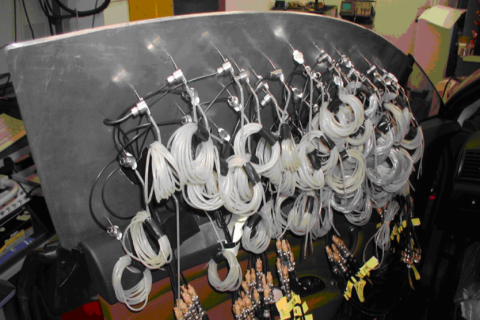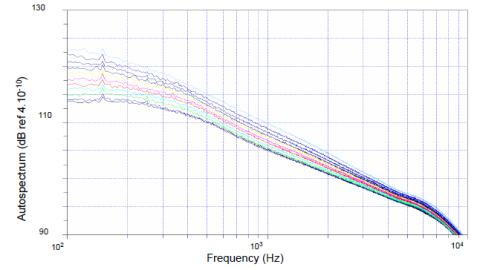Aero-acoustic test post-processing
PSA Peugeot Citroen implemens Scilab in the Fluid Mechanics, Thermals & Aeroacoutics department.
It enables fast processing of their data and easy visual representation.
Challenge
Context: Fluid Mechanics, Thermals and Aeroacoutics department (MFTA)
- Studying vehicle penetration in the air
• Decreasing consumption by reducing drag
• Reducing CO2 pollution and noise
Background and objectives
- From high speed aeroacoustic noise > engine noise
• Penetration of the vehicle -> vortex ->mechanical effort on the windows
• Subject of thesis on fluctuating pressure
Solution
In order to analyze the measurement generated by the test campaign, the engineers at PSA introduced the following process:
- Data acquisition (30 GB per test campaign)
- Reading data
- Fragmented reading of ASCII file because of the large file size
- Writing and formatting values in the same matrix (50MB)
- Commuting into spectral data (Fourier transform)
- Grid definition
- Corrextion matrix
- Display
Results

